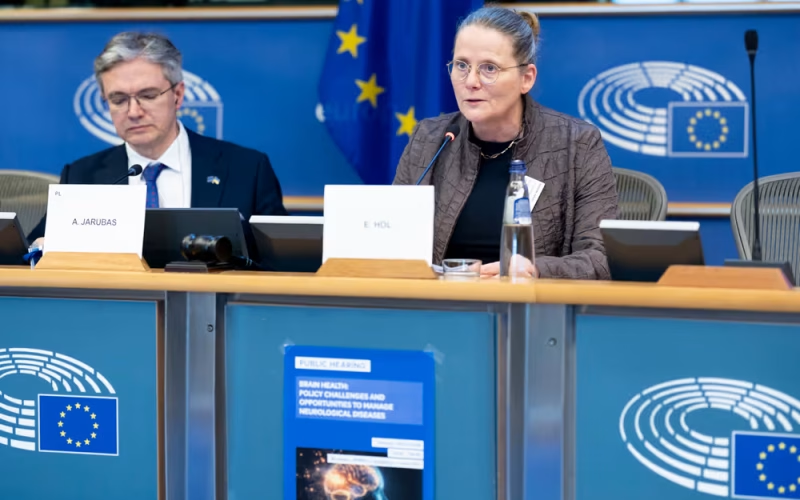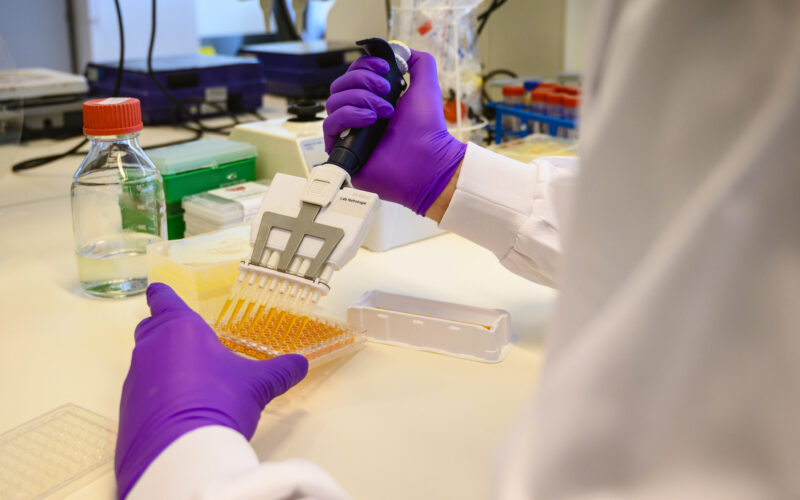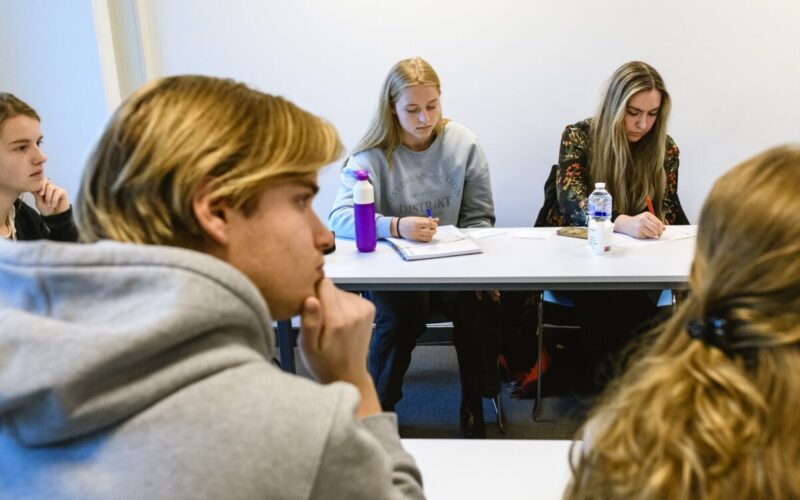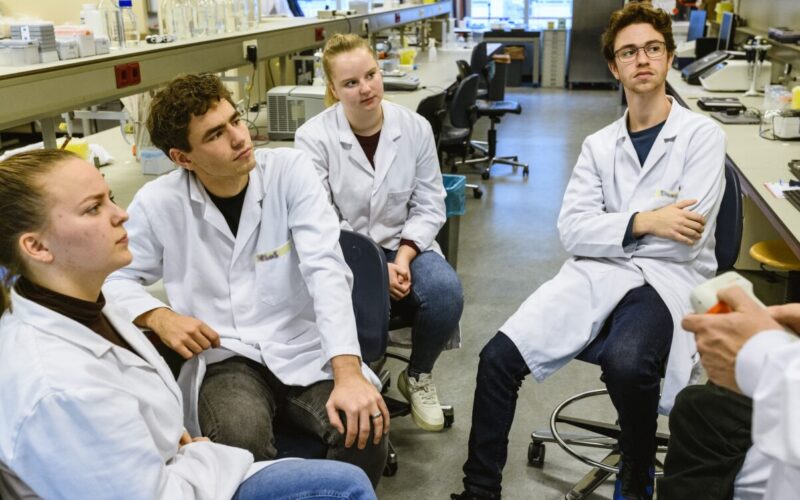The UMC Utrecht Brain Center provides state-of-the-art care for neurological and psychiatric diseases and develops (personalized) treatments by performing research in the full translational range, from fundamental research to values-driven healthcare. We also educate, stimulate, and train the next generation of researchers and caregivers.

The UMC Utrecht Brain Center focuses on six different disease areas: epilepsy, stroke, developmental disorders, neuromuscular disorders, personalized psychiatry, and neuro-oncology. All disease areas aim to translate basic science and patient driven research questions into clinical diagnostic methods, prediction models and novel treatments. Underlying these disease areas we have four different research methods and approaches: genetic risks, from research to care, translational research, and neuroimaging & neurotechnology. Together, the disease areas and research approaches form the focus of the UMC Utrecht Brain Center.
The UMC Utrecht Brain Center has a special focus on the six areas of disease mentioned above. The work we do in these areas is united by five research approaches: genetics, translational research, neuroimaging and technology, patient participation and clinical trials.
About the research approachesThe goal of the UMC Utrecht Brain Center is to unite all laboratory research within the six focus areas in a 'Center for Translational Neuroscience' (CTN). With this new research infrastructure, we aim to increase efficiency, improve and facilitate new collaborations, and share equipment and technical expertise.
More about the Center for Translational NeuroscienceAll PhD students employed at the UMC Utrecht Brain Center enroll in the PhD program Clinical and Experimental Neuroscience. This program is part of the PhD curriculum of the Utrecht Graduate School of Life Sciences and is being carried out by the scientific staff of the UMC Utrecht Brain Center.
More about educationWorldwide:
Europe:
The UMC Utrecht Brain Center is investing in young talent by supporting our researchers to participate in talent programs and the issue of a personal fellowship or boost grant. The Rudolf Magnus Young Talent Fellowship and boost grants aim to support junior researchers in their next steps in their career and empowers them to develop a strong and recognizable research profile, set up interdisciplinary collaborations and allow them to become more competitive at next career stages.
More about the Rudolf Magnus Young Talent FellowshipThere are no upcoming events




